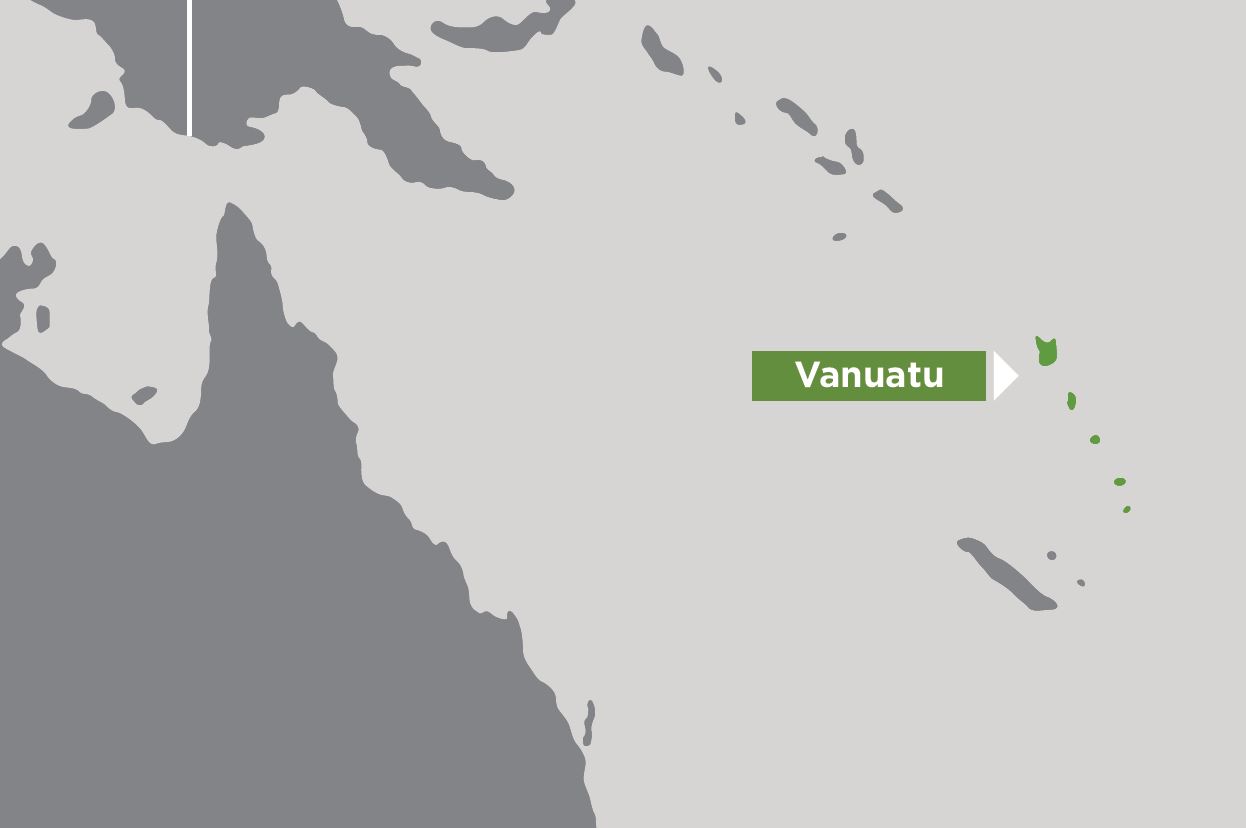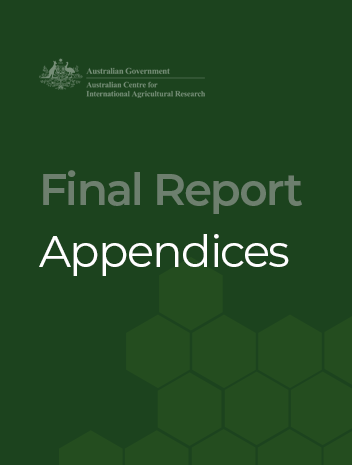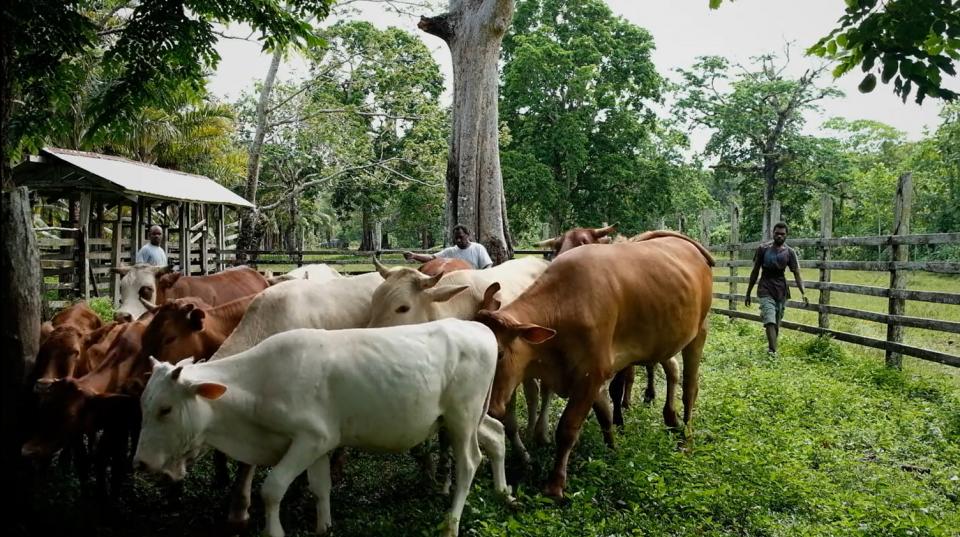Overview
This project aimed to increase productivity, marketing options, incomes and livelihood choices of smallholder cattle farmers in Vanuatu; meeting markets and developing the industry.
About 17,000 households (50% of rural households) in Vanuatu raise cattle. Despite favourable agro-climatic and market settings for beef cattle production, turnoff has substantially declined in the last decade, leaving butchers and abattoirs unable to meet the increasing demand for meat.
This is widely attributed to decreased on-farm productivity of smallholder farmers, the costs of accessing formal markets and low prices for slaughter cattle.
Increased on-farm productivity and increased cattle sales through accredited abattoirs is vital to increase national beef production and meet expanding market opportunities.
Improved on-farm production and marketing practices will provide opportunities for increased household cash flow and access to goods and services that improve livelihoods.
This project aimed to describe the economic, policy and social settings within which smallholder cattle farmers operate and their livelihood objectives and strategies; sustainably increase beef production; increase returns to smallholder cattle farmers through whole-farm and cattle enterprise economic analysis, business training and marketing interventions; and create pathways to sustain and extend project outcomes and impacts beyond the scope of the current project.
Project outcomes
- Increased capacity of project partners, farmers and private industry to ensure they have the necessary skills to implement and build on improvements.
- Increased cash incomes to rural smallholder households raising cattle in Vanuatu through higher turnoff of cattle, increased cattle sale prices and off-farm employment opportunities.
- Improved livelihoods through increased financial savings, opportunities for alternative on-farm or off-farm investments, access to health and education services, labour savings and increased confidence to implement practices that result in improved whole-farm performance.
- Opportunities for women to get involved in project activities and share in benefits of increased income and livelihood improvements.











